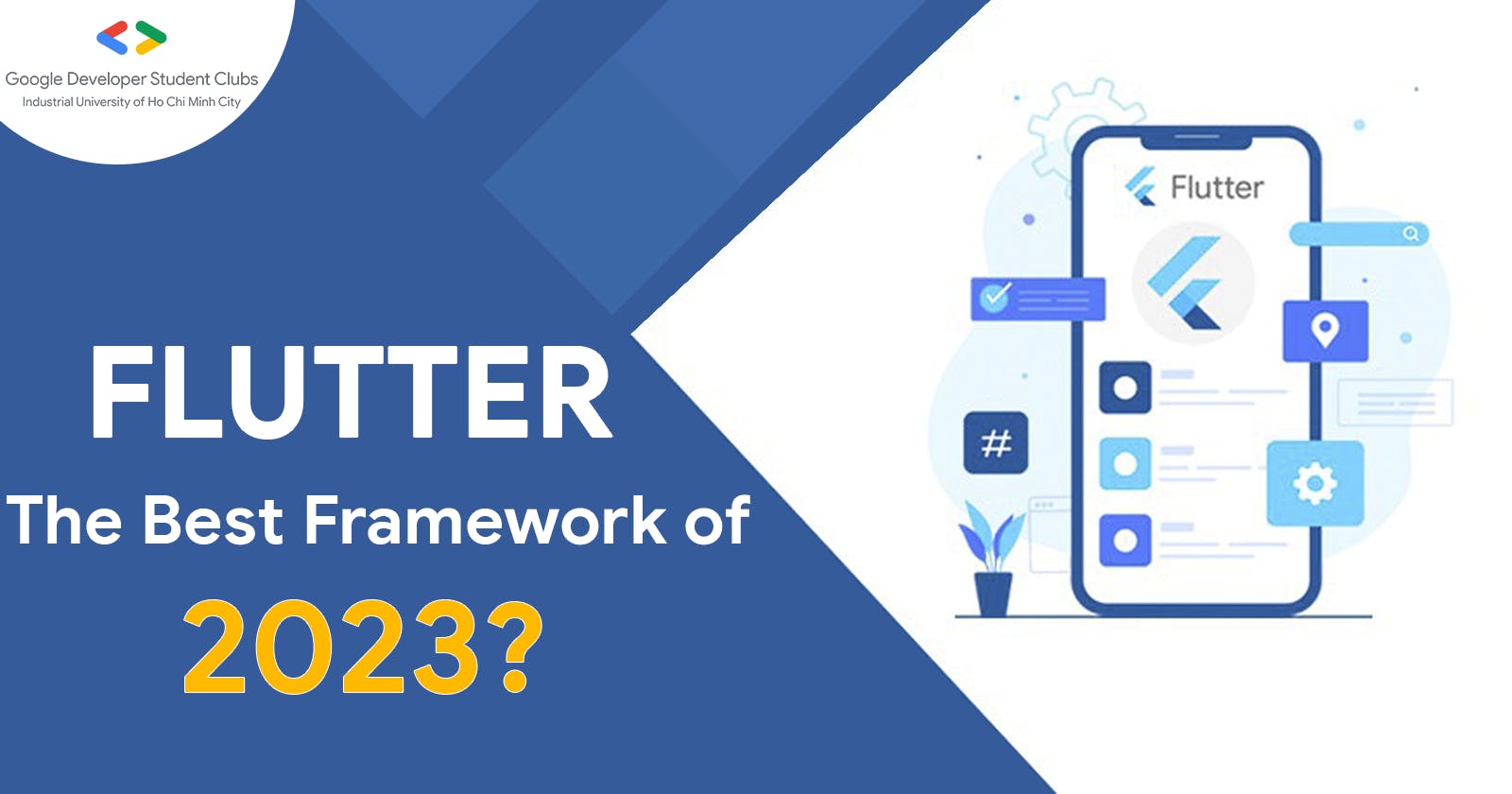The rise of mobile applications has had a significant impact on the development industry. With more than 3.6 billion mobile users globally, new approaches that take less time and effort are needed for the development of mobile apps. Flutter and React Native are the two prominent hybrid frameworks for developing apps in 2021. And they both continue to gain in popularity.
Nick, Tech Lead of the Mobile Development department at NIX, says: “There are many tools and features that are equally good in React Native and Flutter: Code Reusability and Hot reload with its ability to make changes on the fly. Also, there are features that are equally bad, like stage management for instance. When it comes to performance, Flutter works without the use of additional APIs unlike React Native, and in fact, the framework does all of the work to connect the divide between the device and the codebase. When it comes to native appearance, React Native is more dynamic with a powerful and flexible API.”
What is Flutter?
Flutter is an open-source UI framework developed by Google in 2017 that aims to design cross-platform apps to run on mobile, Windows, macOS, and Linux as well as on the web. Flutter’s framework is built upon Dart. A lot of big companies like Alibaba, Philips Hue, Hamilton, etc., choose Flutter for development. Moreover, Google frequently provides updates for Flutter, improving its performance with each update.
Development
Flutter is one of the cross-platform frameworks to build an app. When working with Flutter, add different code files for Android. Sometimes, it is inconvenient for developers. Another great point about Flutter is Hot Reloading” or “Hot Restart.” Due to these features, a developer can see all the changes instantly.
Performance
Here is a simple and detailed comparison between React Native and Flutter

And between Flutter and Kotlin

Flutter is written in Dart language, which allows compiling code quicker than JavaScript. Dart is a client-optimized language for fast apps on any platform. Dart has some priority points:
Optimized for UI:
Mature and complete async-await for user interfaces containing event-driven code, paired with isolate-based concurrency
A programming language optimized for building user interfaces with features such as sound null safety, the spread operator for expanding collections, and collection if for customizing UI for each platform
A programming language that is easy to learn, with a familiar syntax
Productive development:
Make changes to your source code iteratively, using hot reload to instantly see the effect in the running app
Write code using a flexible type system with rich static analysis and powerful, configurable tooling
Do profiling, logging, and debugging with your code editor of choice
Fast on all platforms:
AOT-compile apps to native machine code for an instant startup (AOT compilation is the act of comping an (often) higher-level programming language into an (often) lower-level language before execution of a program, usually at build-time, to reduce the amount of work needed to be performed at run time.)
Target the web with complete, mature, fast compilers for JavaScript
Run backend code supporting your app, written using a single programming language
Everyone familiar with object-oriented code and basic programming concepts such as variables, loops, and conditionals, may complete this tutorial. Here are some Flutter app code samples:
import 'package:flutter/material.dart'
void main() {
runApp(const MyApp());
}
class MyApp extends StatelessWidget {
const MyApp({super.key});
@override
Widget build(BuildContext context) {
return MaterialApp(
title : 'Welcome to Flutter',
home : Scaffold(
appBar : AppBar(
tilte : const Text('Welcome to Flutter'),
),
body : const Center(
child : Text('Hello World'),
),
),
);
}
}
After pasting the code into your app, you may get something that looks like this for a start:

Documentation
Flutter is known for perfectly structured documentation, which has answers to all the questions. Despite the low speed of the development, many still prefer Flutter due to the documentation. Perhaps the only drawback of Flutter documentation is that you need to visit a website each time you need to check something.
Pros and cons of Flutter
Pros of Flutter
It looks great!
It’s rich in widgets;
The community is rapidly growing
Well-structured documentation
Permanent improvements for web development
It requires less testing
The apps are fast
It helps to create the same UI for older devices
Flutter 2 helps to build apps for the web!
Cons of Flutter
The apps made with Flutter tend to be weighty ones.
Flutter-based apps are not supported by browsers as of now. This means no web apps.
While Flutter is popular, it has not been around long enough to have a huge resource base. Therefore, your team will need to write a lot of stuff from scratch.
Dart is not a popular language and if you want to work with Flutter you will have to learn how to use it.
Final Thought
We are in 2023, the world is not black and white. It's normal to choose inside the mobile debate and claim that one frame is better than the other, but it's not. If you were hoping this article would end with a clear "winner", I'm sorry to disappoint you, but in real-life situations, it's almost never obvious.
As a developer or company looking to build a mobile app, ask yourself the following questions:
What is the use case for my application?
What are the strengths of your existing development team?
Do you plan on sharing code between different projects?
Are you building an app first or a web first with a mobile client?
Ultimately, it depends on your project and the resources available to you.
References:
[1] React Native vs Flutter: Which One is Better for 2023?
[2] Flutter vs React Native: The Ultimate Comparison
[3] Kotlin vs Flutter 2023: Which One is Better?
[4] Flutter Pros & Cons – Should You Use It In Your Project?
Made with ❤️ by Google Developer Students Clubs - Industrial University of Ho Chi Minh City team

